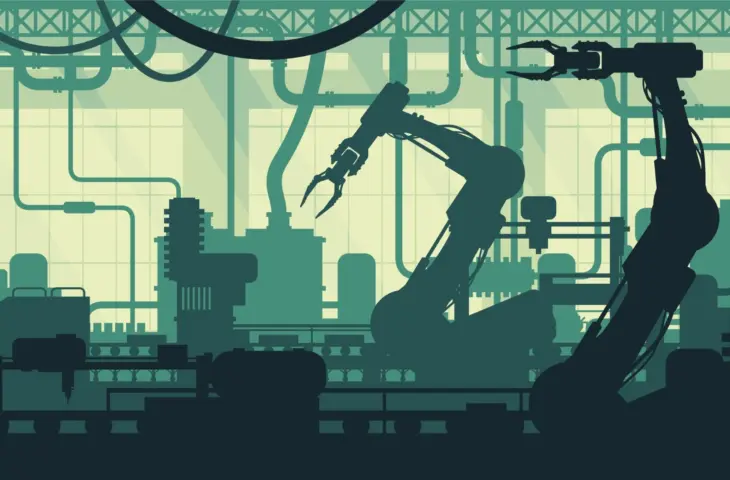Production companies worldwide are increasingly using generative AI for core processes, but according to research, they are insufficiently prepared in terms of infrastructure, skills, and ethics.
Production companies are increasingly using generative AI (GenAI) to optimize processes, but are encountering obstacles in infrastructure, policies, and skills. This is evident from international research by IT service provider NTT Data among more than 500 executives in 34 countries. The technology is mainly used for supply chain management, quality control, and process automation.
GenAI reaches production level
According to the report, 95 percent of respondents believe in concrete efficiency gains and improved performance thanks to GenAI. Especially the integration with IoT data and digital twins increases the relevance of AI output and the resilience of the supply chain, according to them. In sectors such as the automotive industry, 96 percent expect GenAI to have a major impact on research and development.
Most companies are now using GenAI on a larger scale. However, it’s not all success stories. Many organizations struggle with technical limitations: 92 percent of respondents cite outdated infrastructure as a major obstacle. Only 41 percent say they have sufficient storage and processing capacity for their GenAI needs.
Policies and skills
In addition to technical obstacles, companies face organizational challenges. According to the research, only 47 percent of production companies have found a workable balance between risks and value creation in AI applications. Less than one in five security officers feels prepared for the cybersecurity risks of GenAI.
read also
Manufacturers increasingly use GenAI, but policies and infrastructure fall short
There are also bottlenecks in terms of personnel. Two-thirds of companies report a lack of skills to effectively use GenAI. Only half actively invest in retraining employees. At the same time, most respondents indicate that they see AI as a complement to human work, not as a replacement.
The research shows that generative AI also appeals to typically more traditional production companies, but that they, like other enterprises, run into limitations. Infrastructure and experience are the biggest hurdles. A clear and achievable strategy is essential for any company that wants to integrate AI structurally and safely.
